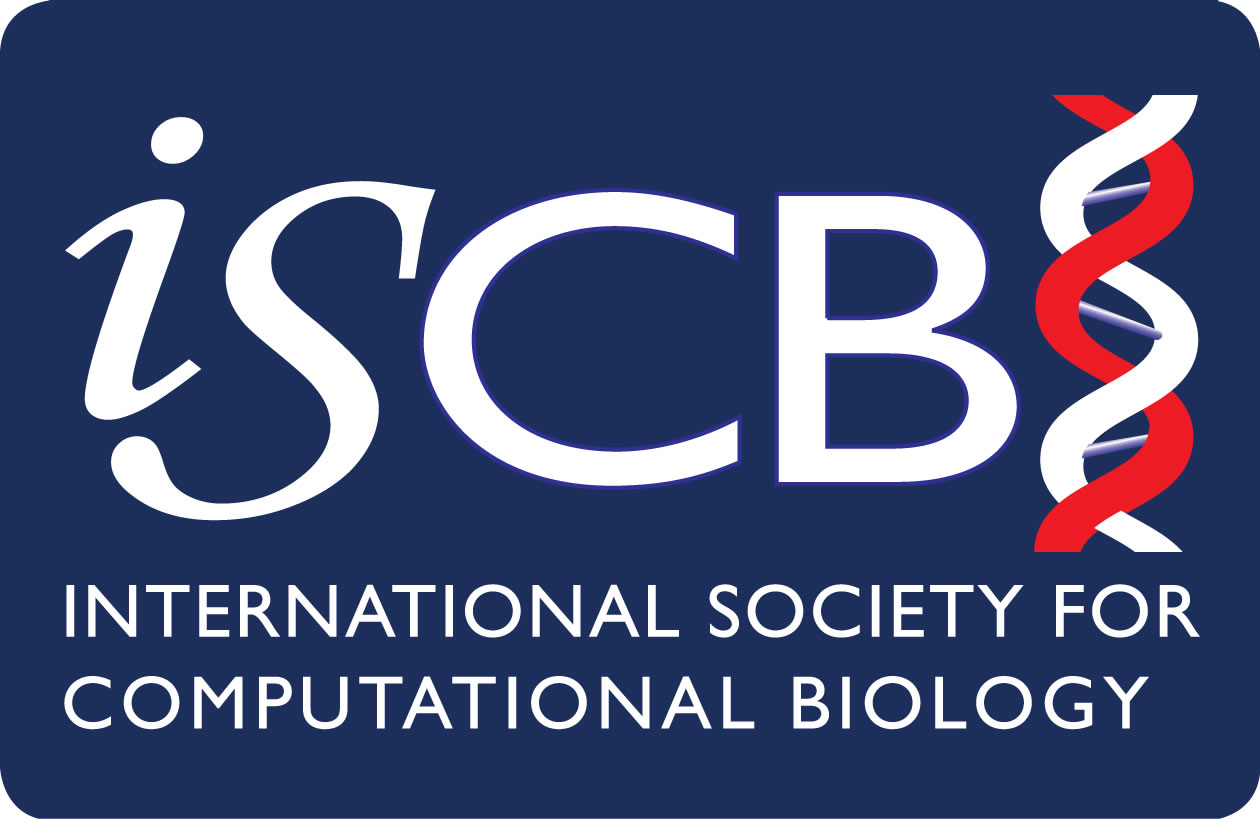 ISCB Executive Committee Responds to New England Journal of Medicine (NEJM) Data Sharing and the Journal
ISCB Executive Committee Responds to New England Journal of Medicine (NEJM) Data Sharing and the Journal
The recent editorial by Drs. Longo and Drazen in the New England Journal of Medicine (NEJM) [1] has stirred up quite a bit of controversy. As Executive Officers of the International Society of Computational Biology, Inc. (ISCB), we express our deep concern about the restrictive and potentially damaging opinions voiced in this editorial. While some of the concerns voiced by the authors of the editorial are worth considering, large parts of the statement purport an obsolete view of hegemony over data that is neither in line with today’s spirit of open access nor furthering an atmosphere where the potential of data can be fully realized.
We acknowledge that the additional comment on the editorial [2] eases some of the polemics, unfortunately without addressing some of the core issues. We still feel, however, that we need to contrast the opinion voiced in the editorial with what we consider the axioms of our scientific society, statements that lead into a fruitful future of data-driven science:
• Data produced with public money should be public in benefit of the science and society
• Restrictions to the use of public data hamper science and slow progress
• Open data is the best way to combat fraud and misinterpretations
Current large data collections proceed from many sources are continually accumulated and require a variety of analytical approaches. Data generation and data analysis overlap in time and are continually updated with new data sets produced by new techniques and new analysis methodologies. Furthermore, in many cases current science functions in consortia in which scientists collaborate toward common goals while preserving their own scientific objectives. Dividing scientists into data providers and data analysts is simplistic and gives a misleading impression of the actual state of biological and biomedical science.
We very much support collaboration between disciplines, including experimental and clinical as well as bioinformatics, as the best way forward to address complex biological problems. But this collaboration cannot be based on imposed restrictions to data access and cannot be contained in professional silos. (The use of expressions such as “research parasites” clearly does not help.)
Many bio-communities have made significant progress by endorsing open data policies and, gratefully, public funding agencies have connected to the spirit that they are distributing taxpayers’ money to science and that, therefore, the data that are generated in the course belong to the public. It is, perhaps, natural that some areas of biomedical research are slow in adopting these policies. History and the confidential nature of the relevant data are surely one of the reasons. However, in our opinion data hegemony is another, a reason that has to be overcome. The sooner these barriers to progress are removed the sooner the patients will benefit from the current flourishing of biomedical research.
1. Longo, D.L. and J.M. Drazen, Data Sharing. N Engl J Med, 2016. 374(3): p. 276-7.
2. Drazen, J.M., Data Sharing and the Journal. New Engl J Med.
Respectfully submitted,
ISCB Executive Committee
Alfonso VALENCIA, President
Bonnie BERGER, Vice President
Terry GAASTERLAND, Vice President
Thomas LENGAUER, Vice President
Christine ORENGO, Vice President
Bruno GAETA, Treasurer
Scott MARKEL, Secretary
Contact Person: Executive Office (This email address is being protected from spambots. You need JavaScript enabled to view it.)



